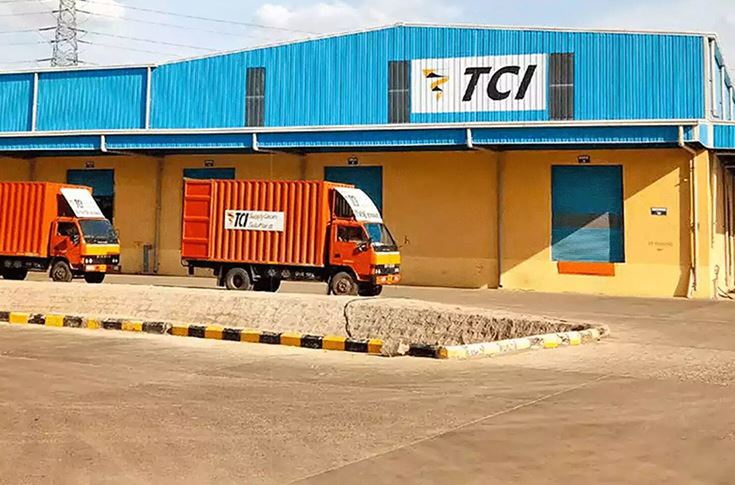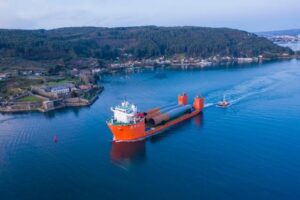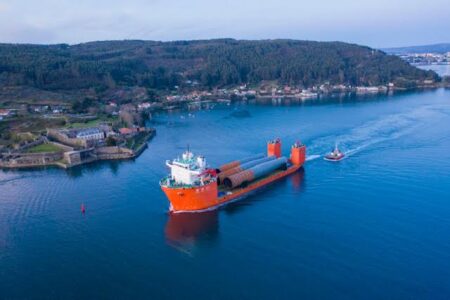TCI targets ₹1,000 crore capex for expansion in shipping, warehouses, and fleet.

Transport Corporation of India (TCI) is set to invest approximately ₹1,000 crore over the next four years, focusing on expanding its shipping, warehousing, and vehicle fleet. TCI Managing Director Vineet Agarwal shared the details, outlining the allocation: ₹400 crore for ships, ₹300 crore for warehouses and land, ₹150 crore for trucks and containers, and ₹150 crore for other assets.
Agarwal highlighted the potential of coastal shipping, noting it currently constitutes only 6-7 percent of India’s total freight movement compared to 20-25 percent in countries like China. Coastal shipping offers cost-effective and environmentally friendly logistics by reducing carbon emissions.
To enhance its multimodal capabilities, TCI has ordered two new cellular container vessels, each with a 7,300-tonne dead weight capacity, at a total cost of $38.80 million (around ₹325 crore). These vessels are expected to be delivered by the end of 2026. Historically, TCI has expanded its fleet by acquiring second-hand ships, but this marks their first venture into purchasing new vessels.
In rail logistics, TCI has focused on container businesses to facilitate multimodal transport. The company has accelerated the movement of automobiles by trains, utilising its AFTO trains designed for auto carriers. TCI also leases NMG wagons from Indian Railways, managing 60 yards nationwide for automotive clients. Currently, nearly 30 percent of TCI’s cargo moves through multimodal logistics.
On the financial front, TCI reported a robust Q1 FY25 performance, with a 26.3 percent year-on-year increase in profit after tax (PAT) to ₹105.2 crore and an 11 percent rise in standalone revenue to ₹984.4 crore. Agarwal attributed this growth to their strong performance in coastal shipping, rail multimodal solutions, 3PL/warehousing, and cold chain logistics.
TCI continues to innovate and develop sustainable solutions, investing in BS VI vehicles and alternative fuels like electric, CNG, and LNG to reduce greenhouse gas emissions. The company remains committed to enhancing logistics efficiency through investments in infrastructure and leveraging big data for demand estimation.











